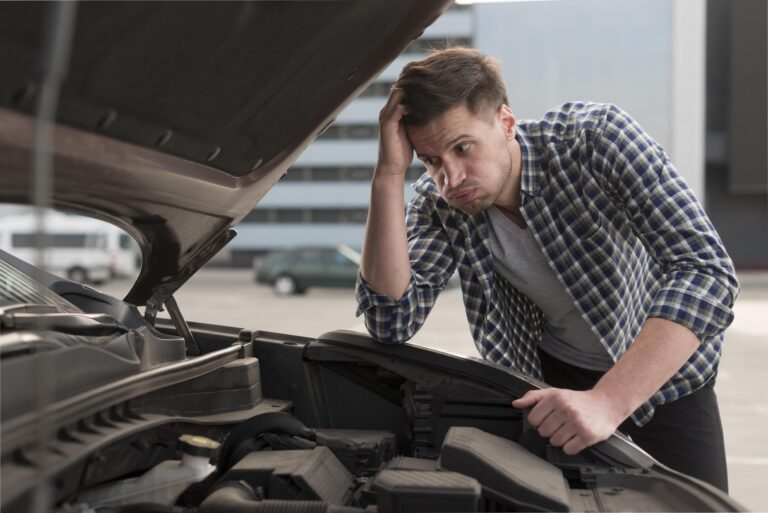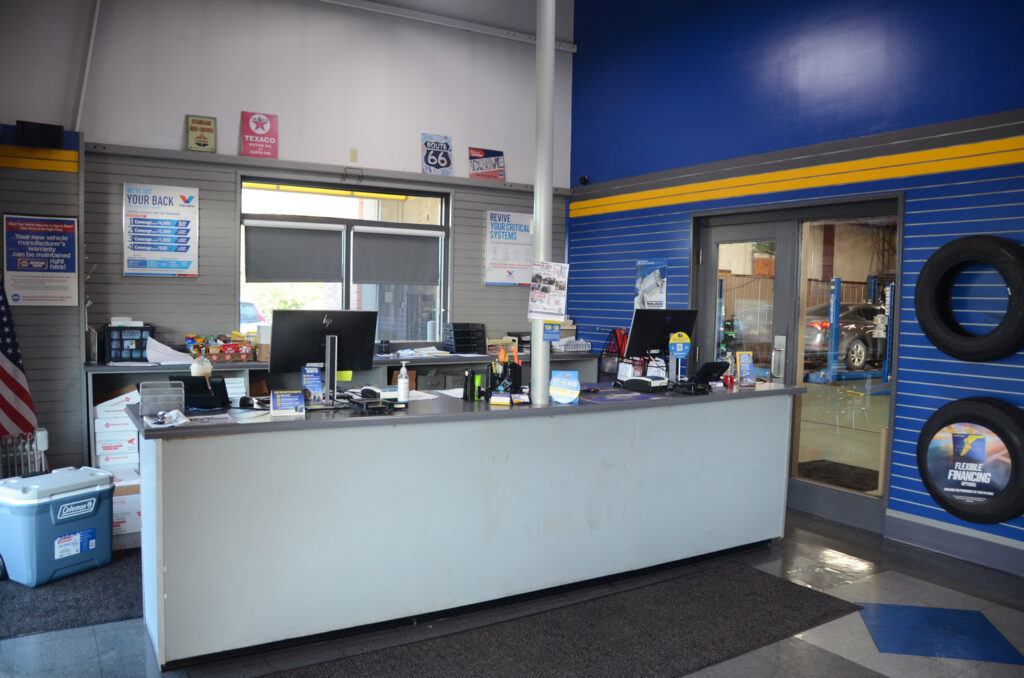
Your car’s engine is its heart, and just like any vital organ, it requires proper care to function efficiently. Engine failure can be costly and inconvenient, often leading to expensive repairs or even total replacement. Understanding the most common causes of engine failure can help you prevent major damage and extend your vehicle’s lifespan.
Routine maintenance is crucial for engine health. Neglecting essential services like oil changes, filter replacements, and fluid top-offs can cause excessive wear and tear. Dirty or low oil levels reduce lubrication, increasing friction and leading to overheating or part failure.
How to Prevent It:
Engines operate under high temperatures, but excessive heat can cause significant damage. Overheating can result from a malfunctioning cooling system, low coolant levels, a failing radiator, or a broken thermostat. Continuous overheating may warp engine components, leading to complete failure.
How to Prevent It:
Oil lubricates moving engine parts, preventing excessive friction and heat buildup. If oil levels drop too low or become contaminated with debris, engine parts can wear out quickly. Running your engine without enough clean oil can result in catastrophic failure.
How to Prevent It:
The timing belt or chain synchronizes engine components to keep them running smoothly. If it breaks or slips, valves and pistons can collide, causing severe internal damage. In many cases, timing belt failure results in complete engine destruction.
How to Prevent It:
Your vehicle’s dashboard warning lights and unusual sounds are signs that something is wrong. Ignoring a check engine light, knocking noises, or loss of power can turn minor issues into major failures.
How to Prevent It:
A faulty fuel pump, clogged fuel injectors, or using poor-quality fuel can lead to engine performance issues. If the engine isn’t getting the proper fuel-air mixture, it may misfire, stall, or fail completely.
How to Prevent It:
Water or coolant entering the engine can cause severe damage. This can happen due to a blown head gasket, a cracked engine block, or a leaking intake manifold gasket. Water doesn’t compress like air or fuel, leading to engine hydrolock, which can destroy internal components.
How to Prevent It:
Towing heavy loads, aggressive driving, and prolonged idling can put extra stress on the engine. Excessive strain can lead to overheating, premature wear, and even sudden failure.
How to Prevent It:
Faulty spark plugs, coils, or ignition components can cause misfires, reduced fuel efficiency, and eventual engine damage. When left unchecked, poor ignition performance can lead to incomplete combustion and excessive carbon buildup.
How to Prevent It:
Connecting rods and pistons move at high speeds inside the engine. If a rod breaks or a piston cracks due to excessive wear or lack of lubrication, it can destroy the engine entirely.
How to Prevent It:
Engine failure is avoidable with proper care and routine maintenance. At Hiller Automotive, we provide expert diagnostics, oil changes, cooling system repairs, and full engine inspections to keep your vehicle running smoothly.
📅 Schedule an appointment today and keep your engine in top shape!

Subscribe for specials and updates.